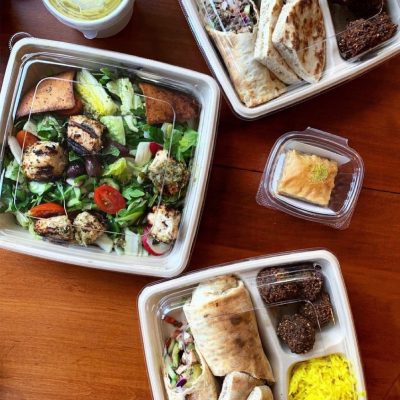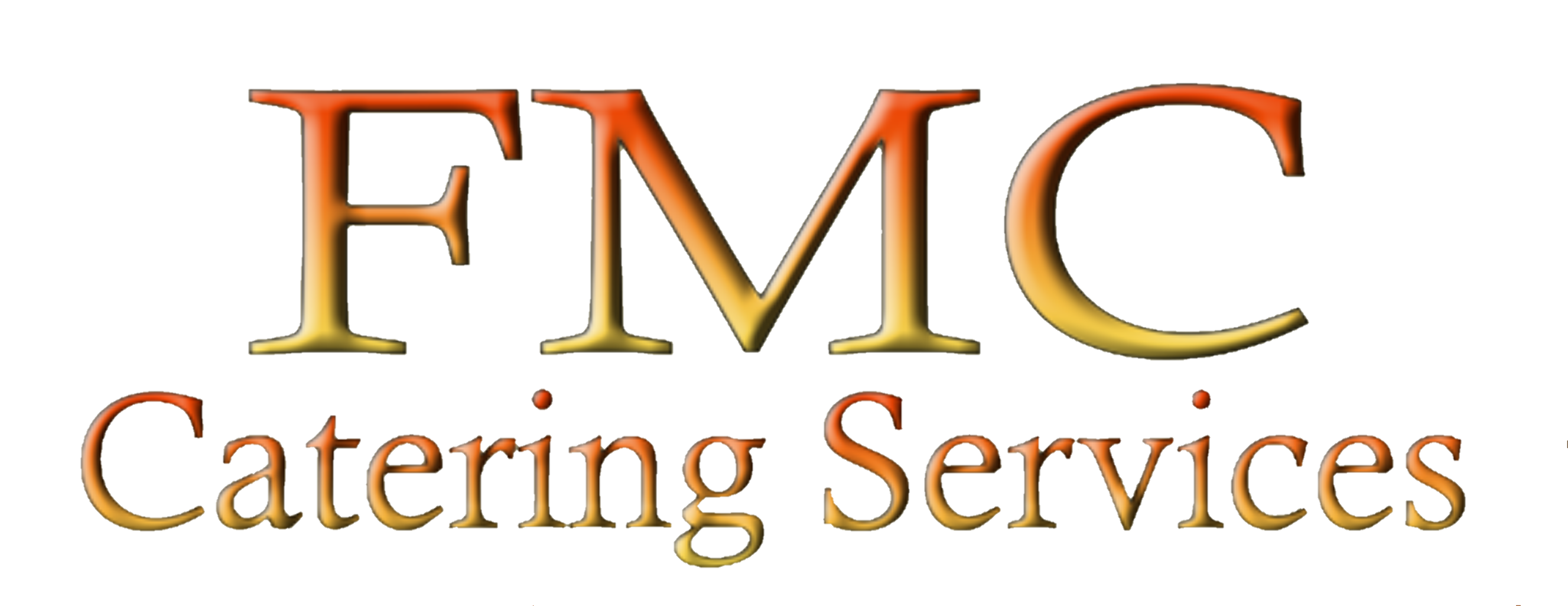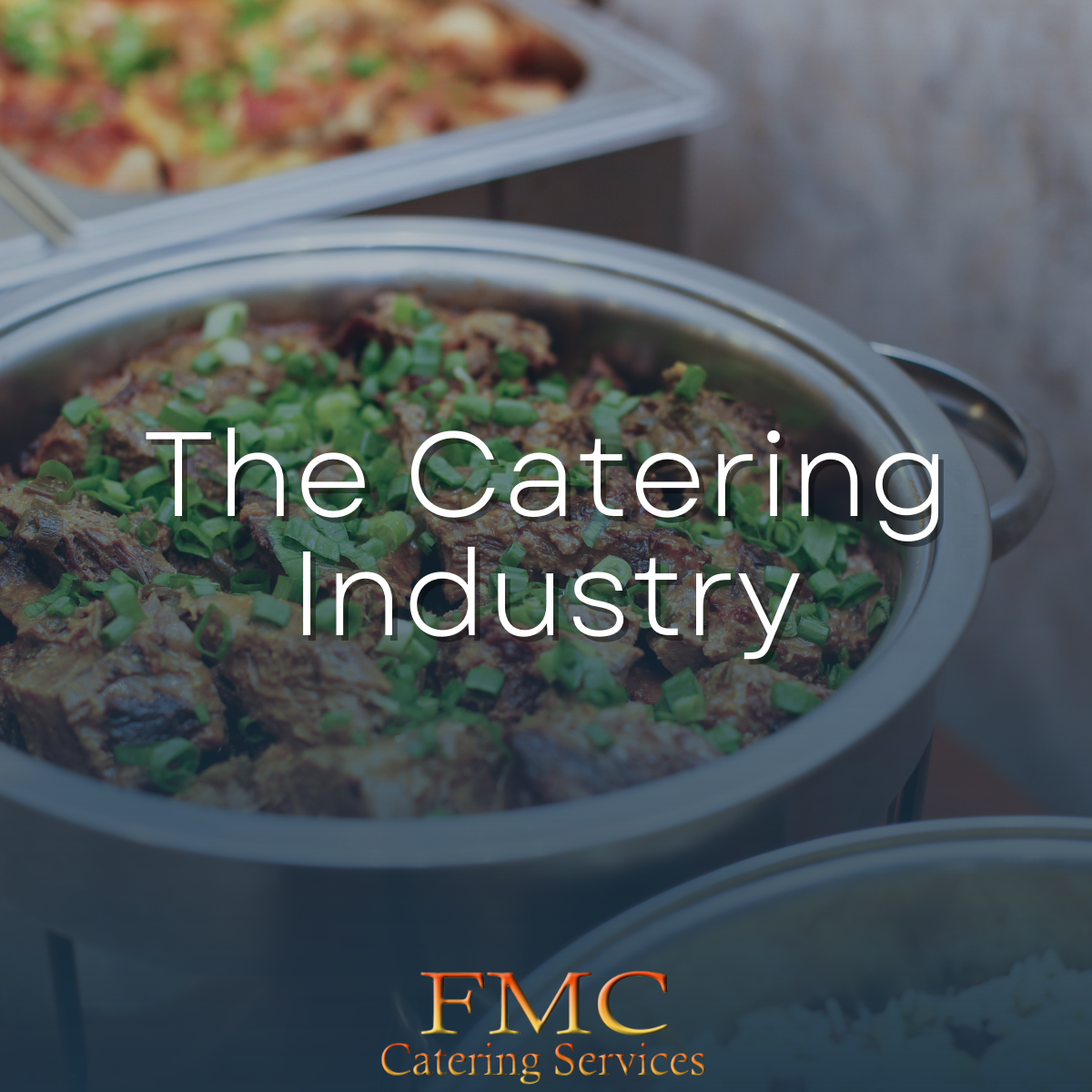The catering industry is a vital component of the food service industry, providing food and beverage services for various events, from corporate meetings and weddings to large-scale public events and festivals. The industry has grown significantly in recent years, driven by increasing demand for convenient, high-quality food and beverage services.
What is the catering industry?
The catering industry provides food and beverage services for events, such as weddings, corporate meetings, parties, and other special occasions. The industry includes caterers, event venues, and other food service providers that offer a wide range of services, including menu planning, food preparation, presentation, and service. The catering industry can include event planning and coordination, equipment rental, and other related services. The catering industry aims to provide customers with high-quality food and beverages presented elegantly and professionally to enhance the event’s overall experience.

Popular trends in the catering industry
The catering industry is constantly evolving to meet customers’ needs and preferences. Some of the current popular trends in the catering industry include:
- Healthy and Sustainable Options: There is a growing demand for healthy and sustainable catering options, such as organic and locally-sourced ingredients, plant-based options, and reducing food waste.
- Personalized and Customizable Menus: Customers are seeking more personalized and customizable menu options, which allow them to choose dishes that fit their specific tastes, dietary restrictions, and cultural backgrounds.
- Technology and Automation: Technology is playing a growing role in the catering industry, from online ordering and payment systems to kitchen automation and equipment upgrades.
- Farm-to-Table Concept: The farm-to-table concept, which emphasizes locally-sourced and seasonal ingredients, is becoming increasingly popular in the catering industry.
- Street Food and Comfort Food: Street food and comfort food are becoming more popular in the catering industry as customers seek out familiar and comforting dishes, often with a modern twist.
- Eco-Friendly and Zero-Waste: There is a growing focus on eco-friendly and zero-waste catering practices, such as using biodegradable and compostable materials, reducing food waste, and implementing sustainable practices.
Challenges facing the catering industry
Despite its growth and success, the catering industry faces several challenges that must be addressed to ensure its continued success. Some of the critical challenges facing the catering industry include the following:
- Competition: The catering industry is highly competitive, with many companies offering similar services and menu options. This intense competition requires catering companies to innovate and differentiate themselves to remain competitive continuously.
- Rising Costs: The cost of ingredients, labor, and equipment is constantly increasing, making it difficult for catering companies to maintain profit margins while still offering high-quality services.
- Changing Customer Preferences: Customer preferences are constantly evolving, and catering companies must be able to adapt quickly to remain relevant and meet the changing needs of their customers.
- Food Safety Concerns: The catering industry must maintain strict food safety standards to protect the health and well-being of its customers. This requires significant training, equipment, and facilities investment to ensure food is prepared and served safely.
- Sustainability and Environmental Issues: The catering industry is facing growing pressure to adopt more sustainable and environmentally-friendly practices, from reducing food waste to using biodegradable and compostable materials.
Despite these challenges, the catering industry is well-positioned to continue its growth and success. It remains focused on delivering high-quality services, adapting to changing customer preferences, and embracing new and innovative practices.
The catering industry in the United States
The catering industry in the United States is a large and growing sector of the food service industry, with an estimated value of over $8 billion in 2021. The industry is highly diverse, with various companies offering various services, from large-scale catering for events and corporate functions to smaller, more intimate gatherings.
One of the key trends in the US catering industry is the growth of niche and specialty catering services, such as vegan and vegetarian catering, organic and locally sourced food options, and eco-friendly and zero-waste catering practices. The industry is also embracing technology, with many catering companies offering online ordering and payment systems and using technology to streamline and improve the catering process.
One company that offers quality and specialized dishes is Dish N Dash in Fremont, California.
Dish N Dash
Dish N Dash Fremont is one of the restaurants of the Dishdash Restaurant Group. The Dishdash Restaurant Group is a family-owned restaurant chain that serves quality, sourced, and made-fresh-daily Middle Eastern fare.
Receiving a star rating of 4.5 on Google Maps, DishNDash brings you the flavors of their native country. They prepare exotic spices according to time-honored family recipes while adding a contemporary twist.

Their story
Owner Emad Ibrahim is a Palestinian who arrived in the United States from Jerusalem in 1988. He brought with him an entrepreneurial passion and culinary knowledge and received his business degree and practical restaurant experience after moving to the bay area.
In Sunnyvale, California, he and his wife, Nadiah Mshasha, who also has a variety of relevant experience, established their first Dishdash in 2001. Space and employees rapidly became a challenge—and a chance for growth—due to the extraordinarily positive response from clients.
Dishdash has continually offered outstanding Middle Eastern cuisine prepared daily and top-notch customer service over the years. The Dishdash Restaurant Group has grown to include 7 locations in the Bay Area, including a bakery, thanks to high standards. Fine dining, conveniently casual, quick-serve, and to-go menus are all available to customers.
Their carefully chosen menu has a high caliber of food. Everything is transported daily to their commissary and prepared to order in our restaurants, from cage-free poultry to domestic lamb, Angus beef to sustainably sourced seafood and locally produced veggies. Food trends are taken into consideration when making dishes. Every meal, from the lamb kabob to the cumin lentil soup, shares the same three ingredients: superior quality, mouthwatering flavor, and ample servings.
Dishdash Restaurant Group is still a family-owned company that services the communities of Sunnyvale, Cupertino, Milpitas, Fremont, and San Jose.

Location in Fremont, California
Dish N Dash Fremont is located at Pacific Commons Shopping Center, 43440 Boscell Rd, Fremont, CA 94538, United States.
What are their menus?
Dish N Dash restaurants have a simplified menu but still use the same quality cooking, spices, and fresh ingredients. These locations provide friendly counter service and a variety of traditional main meals from which you can build your own plates.
You can choose from a selection of sides like a wrap, pita, salad, freekeh, or hummus. You may also get freshly squeezed juices and smoothies here. In addition, there is a remarkable, curated, and condensed wine and beer list with both domestic and international alternatives.
How is the catering in the USA different from the Philippines?
The catering industry in the USA and the Philippines can differ in several ways. Some of the main differences include the following:
- Scale and Infrastructure: In the USA, the catering industry is more developed and organized, with large catering companies and event venues offering a wide range of services and facilities. In the Philippines, the catering industry is more fragmented, focusing more on small, family-run businesses.
- Food and Cuisine: American catering typically features a variety of international cuisine, emphasizing contemporary and fusion styles. In the Philippines, catering often focuses on traditional Filipino cuisine, emphasizing regional dishes and flavors.
- Technology and Equipment: The catering industry in the USA is highly technology-driven, focusing on using advanced equipment and systems to improve the quality and efficiency of catering services. In the Philippines, the catering industry is less technology-focused, with a greater emphasis on manual labor and traditional cooking techniques.
- Health and Safety Regulations: The USA has strict health and safety regulations for the catering industry, focusing on food safety, sanitation, and hygiene. In the Philippines, health and safety regulations for catering can be more relaxed, with less emphasis on formalized training and inspection processes.
- Cost: Catering services in the USA can be more expensive compared to the Philippines due to higher labor costs, higher standards for equipment and facilities, and a more developed and competitive industry.
These are some main differences between catering in the USA and the Philippines. Still, it’s important to note that the industry is constantly evolving in both countries, and there can be significant variation depending on the specific region or city.
The future of the catering industry
The catering industry is facing a bright future as demand for convenient, high-quality food and beverage services continues to grow. Technology will play an increasingly important role in the industry as companies use technology to improve efficiency, streamline operations, and enhance customer experiences. Technology will revolutionize how customers interact with catering companies, from online ordering and payment systems to real-time communication and tracking.
The industry will also focus on sustainability, as customers demand environmentally friendly and sustainable practices. Companies must adopt more sustainable and eco-friendly practices, from reducing food waste to using biodegradable and compostable materials. Customers will increasingly seek catering companies that align with their values and provide healthier and more sustainable food options.
In addition to technology and sustainability, personalization and customization will also shape the future of the catering industry. Customers will seek tailored and customized catering experiences, with menus and services that meet their specific needs and preferences. This will require catering companies to be more agile and adaptable, constantly evolving to meet the changing demands of their customers.
In conclusion, the future of the catering industry is bright, focusing on delivering high-quality services, embracing new technologies and trends, and meeting customers’ evolving needs and preferences. Companies that can adapt to these trends and capitalize on the growth opportunities will be well-positioned for success in the years to come.

